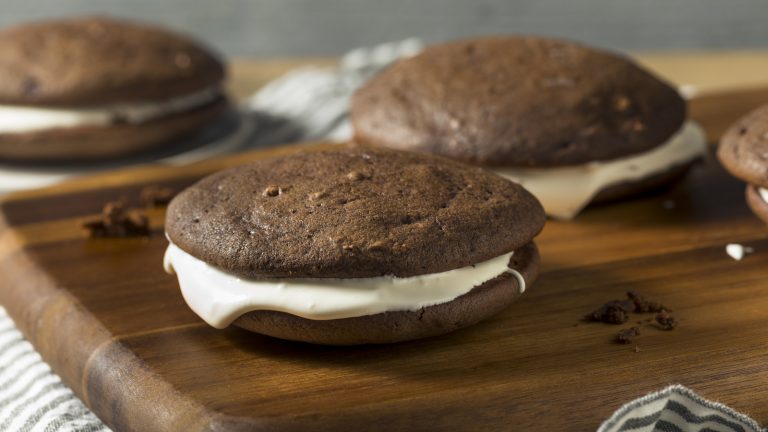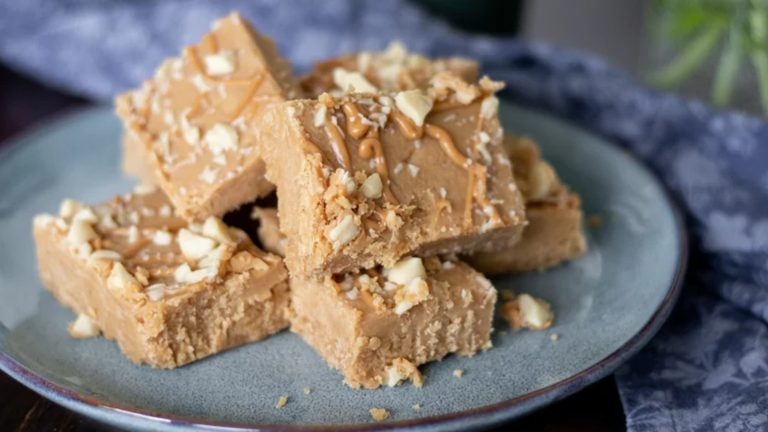We may receive a commission on purchases made from links.
The bizarre evolution of ketchup from its origins as a fermented fish sauce to today’s sweet and savory condiment shows how our taste preferences have shifted dramatically over centuries. Ketchup, once called catsup, contains a pretty hefty 4 grams of sugar per tablespoon, giving it the sweet and distinctive taste that it’s famous for. Sugar-free versions, on the other hand, totally cut out the sugar and replace it with artificial sweeteners, so it’s just inevitable that such a substantial swap would alter the flavor.
If you’ve never tried a sugar-free version for yourself, you only need to watch a taste test on YouTube to see that most people spot the difference immediately. And if the initial taste doesn’t give it away, the aftertaste will, as stevia-sweetened ketchup often leaves a slight licorice-like aftertaste. Some recipes and manufacturers may try to mask the flavor differences by adding more spices or vinegar, and this can create a taste different than the classic ketchup we know and love.
So it’s really no wonder that sugar-free versions are often different from the real stuff, with some claiming sugar-free ketchup tastes more savory than their traditional counterparts, particularly the homemade versions that don’t use a lot of artificial sweeteners or flavors.
How sugar alternatives change the ketchup experience
You might be surprised to learn that the science behind ketchup’s flavor is actually more complex than just the idea that sugar equals more sweetness. Sugar is also present in the condiment to balance acidity and contribute to a thick consistency. Unfortunately, while artificial sweeteners add a bit of sweetness, they can’t perform these additional functions. Swapping them in means you’ll miss the textural benefits that real sugar provides, which is why people notice that sugar-free versions tend to feel thinner. Whereas regular ketchup has an almost jam-like quality, versions without sugar just can’t replicate that.
For those who are conscious about their sugar intake or who are managing diabetes, these differences might be worth the trade-off in order for them to enjoy ketchup. Is a hotdog even complete without a drizzle? But for the ketchup purists among us, the missing sugar creates a gap in flavor that’s hard to ignore.
For occasional use, you could probably adjust to these differences quickly. But if ketchup is your go-to condiment for daily meals then switching to sugar-free might require some experimentation to find the closest fit to the original taste. We’ve found that the best ketchup comes from the classic brand, Heinz, and its bottle of No Sugar Added Ketchup gets an impressive 4.7 stars on Amazon — so this could be a great option if you’re cutting sugar out of your diet.






